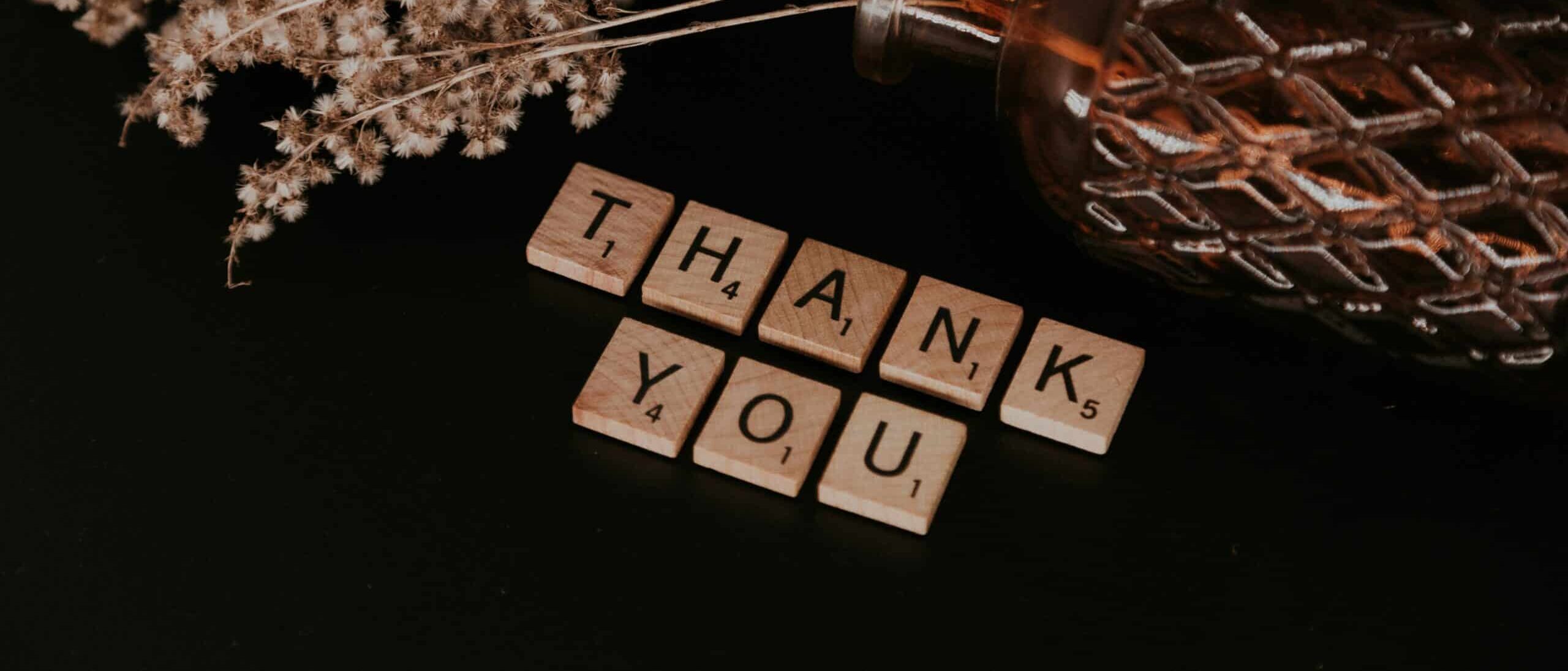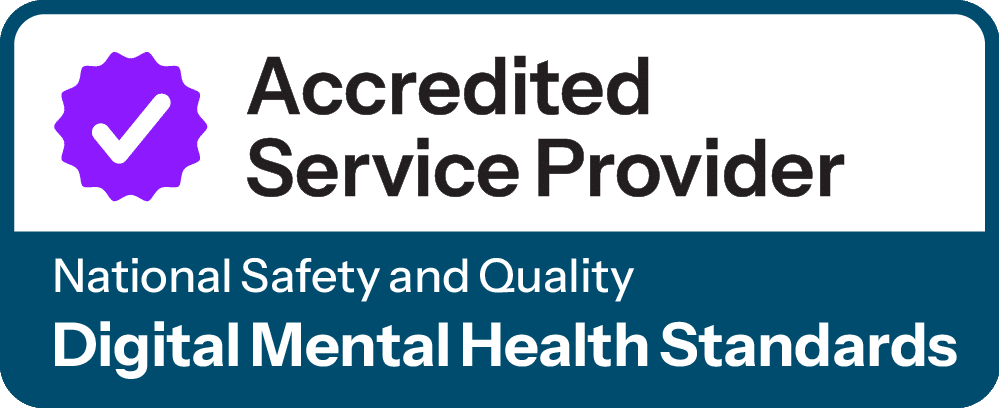
Tag: Drinking culture

The best gift is being present: a year of comments, connection and gratitude
In the midst of the festive season and as we prepare to close out another year, we at Hello Sunday Morning want to pause, reflect and celebrate you—our community. Over the last 12 months, our blog has been enriched by hundreds of comments from people just like you—taking the time to share your stories, your

The shift: why Gen Z is drinking less
In recent years, it’s become increasingly clear that Gen Z – people who are born between 1997-2012 – is reshaping the cultural landscape, and one of the most noticeable changes is their relationship with alcohol. While previous generations might have viewed drinking as a rite of passage, today’s young adults are redefining what it means

Curious about why women might be sober curious?
It seems like there’s a whole corner of the internet devoted to the sober curious movement right now, and it doesn’t appear to be a passing trend—it’s more a cultural shift that’s challenging the way people think about their relationship with alcohol. At its core, it means being curious about what it might be like

Being a Positive Role Model with Alcohol
Being a Positive Role Model with Alcohol: Latest research on influencing young children. According to a groundbreaking study conducted by La Trobe University researchers last year, young children’s exposure to their parents’ alcohol consumption plays a vital role in shaping their beliefs and attitudes towards alcohol.

Trying to be the moderate bloke
“Drinking as a man in Australia was arguably a rite of passage for me.”
But what do you do when you realise that your values and binge drinking were at odds with each other? Ev said he turned to a value driven approach, when it came to reducing his drinking.

Messages of hope and encouragement
A big part of how we support our community is through sharing stories and encouraging each other.
At the end of last year, we asked our Hello Sunday Morning community to share messages of hope and encouragement – to anyone struggling over the holiday season. These messages are too empowering not to share with you all.







